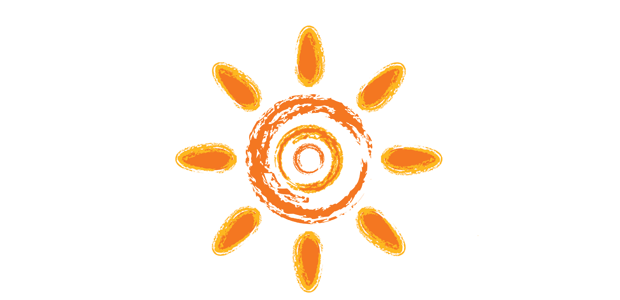Advertisement
Vitamin D and cancer
Is the vitamin a magic bullet?

For at least a decade evolving research has been pointing a finger at inadequate vitamin D levels, particularly for those of us living in the Northern Hemisphere.
We’re still waiting for the final word on vitamin D. According to the US National Institutes of Health (NIH), the Food and Nutrition Board will have new recommendatios for vitamin D intake this May. The Canadian government is also working on a revised recommendation.
Meanwhile, researchers continue to sound the alarm. In an article in the American Journal of Clinical Nutrition (2007), the authors noted that in addition to decreasing the fracture risk from osteoporosis, higher vitamin D intakes “may also reduce the incidence of colon and other cancers.”
Breast cancer connection
My mother was diagnosed with breast cancer when she was only nine years older than I am now. Other than an occasional vacation, she lived her entire life above 42 degrees north latitude, where, according to NIH, “UV energy is insufficient for cutaneous (skin-based) vitamin D synthesis from November through February.”
Some breast cancer specialists are convinced of the link between inadequate vitamin D levels and breast cancer. They treat their patients with what some would consider shockingly high doses of therapeutic vitamin D (up to 50,000 IU a week for several months).
Mayo Clinic researchers note that many studies have documented a relationship between low vitamin D intake and an increased risk of breast cancer. They found that vitamin D affects up to 200 genes that influence cancer cell growth, and that “maintaining adequate vitamin D stores is recommended for breast cancer survivors throughout their lifetime.”
So what are we sun-starved Canadians to do? Should we start downing huge quantities of vitamin D?
Other factors
Pamela Goodwin, a researcher at Toronto’s Mount Sinai Hospital and a leading expert in vitamin D and cancer, provided some guidance in the May 2009 issue of the Journal of Clinical Oncology.
She noted that while evidence for the association of vitamin D and cancer is intriguing, these are observational studies and “it is not clear whether it is vitamin D or the company that it keeps?for example diet, outdoor activity, healthy weight, and higher socio-economic class—that is responsible for the results.
Goodwin reminds us that a similar relationship between beta carotene and cancer proved to be disappointing in randomized trials; these have yet to be performed with vitamin D.
Rather than recommending fixed doses of vitamin D for cancer patients, she suggests that it’s wiser to treat patients individually, by measuring blood levels of the vitamin and then adjusting supplementation to target optimal blood levels.
Personally, I’m taking 800 IU daily in addition to the fortified soy milk and salmon that I already consume, and eagerly await more news on this front. A
Vitamin D in food
| Source | Serving | International Units (IU) |
| Cod liver oil | 1 Tbsp (15 mL) | 1,400 |
| Salmon | 3 oz (85 g) | 800 |
| Canned tuna | 3 oz (85 g) | 150 |
| Fortified milk | 1 cup (250 mL) | 120 |
Sunshine
Canadian winter UV levels (November to February) aren’t strong enough to make vitamin D.
Should you supplement with vitamin D?
The Canadian Cancer Agency recommends that all adults consider taking 1,000 IU of vitamin D during the fall and winter months.
Some adults are encouraged to consider supplementing all year round. If you’re over 50, have dark skin, don’t go outside much, or usually wear clothing that covers most of your skin—you should speak to a qualified health care practitioner to determine if you need to supplement all year.




